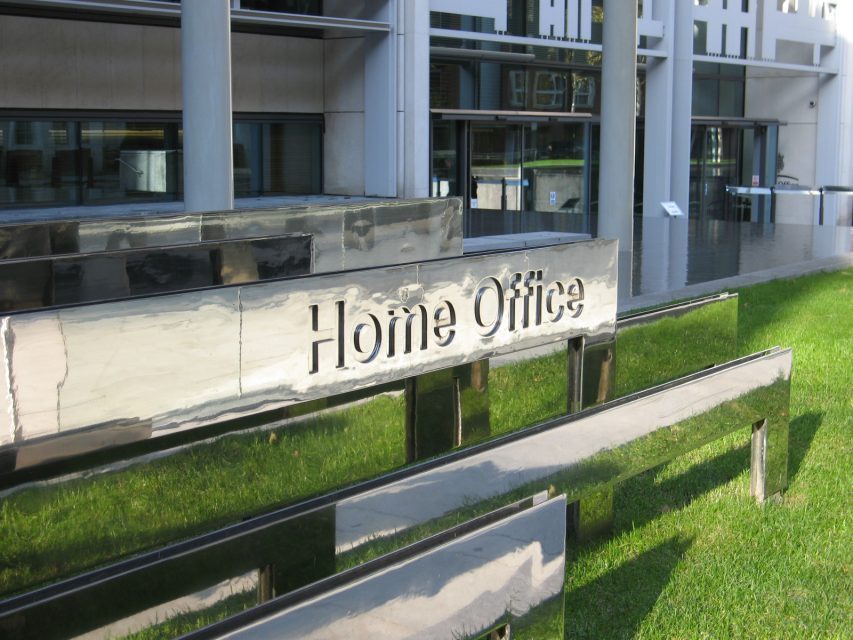For 13 months during the height of the coronavirus crisis, authorities were allowed to enable remote participation in meetings but, despite campaigns, permanent measures have not been put in place
Leaders at the Local Government Association have welcomed news that the new government intends to consider updating laws to enable authorities to offer virtual participation in council meetings.
During the first year of the coronavirus crisis – from March 2020 to April 2021 – emergency temporary legislation allowed councils to host virtual meetings. But after these provisions were no longer in effect, authorities were, once again, required to conduct all meetings in person at council chambers.
This has remained the case since then, despite a legal campaign arguing that remote participation could be permitted under the terms of existing legislation. After this proved unsuccessful, various local government bodies and representatives have since called for laws to be updated permanently.
In a recent written parliamentary question, Liberal Democrat deputy leader Daisy Cooper asked the government whether it might make “an assessment of the potential merits of bringing forward proposals to permit virtual meetings of local authorities… and other public bodies, on a permanent basis”.
In response, Labour’s freshly appointed minister for local government, Jim McMahon, indicated that the new administration recognises the potential benefits of allowing councillors to participate in meetings remotely, and intends to explore the issue further.
Related content
- DLUHC launches Future Councils playbook
- Emergency meeting: Home Office signs Google Meet deal in case of Teams problems
- Why digital is ‘becoming much more of a political issue’ for local government
“Government wants to ensure that local government is modern, efficient, flexible and diverse, and we are keen to break down barriers that prevent people from seeking to serve their communities,” he said. “Allowing hybrid meetings could be a helpful step in doing that and we are keen to work with the sector to have an evidence based discussion about its merits.”
In response to McMahon’s comments, LGA chair Louise Gittins – who also serves as leader of Cheshire West and Chester Council – said that it is “encouraging that the new minister has signalled he is open to looking again at flexibility around virtual attendance at council meetings. She added that such a move is “something the LGA has been calling for since 2021”.
“Council meetings are an essential part of local democracy,” Gittins said. “They are where important issues are debated and decisions that impact residents’ daily lives are made. So, we are glad to hear the minister’s commitment to an evidence-based approach to any legislative change. The legal requirement for councillors to attend meetings in person can hinder some people from fully serving their communities as councillors. Additionally, we’ve already seen how virtual meeting technologies can support democratic decision-making in emergencies during the pandemic. Councils should be given the freedom and flexibility to choose for themselves whether and when to allow virtual attendance at their meetings.”





하동동해출장만남 소자본 창업
https://itmoney4you.com/티빙-실시간/
https://madreviewer.tistory.com/tag/더블클릭20수리
https://download-install.com/tag/무료20엑셀
https://mintfin.tistory.com/tag/트롯20전국체전20재방송20다시보기
양산시술출장마사지
https://kr.new-version.app/tools-utilities/system-utility/
수원출장샵
대전나이트클럽
https://www.ohgunstory.com/entry/disney-pluscomstart-EBA19C-EC8AA4EBA788ED8AB8ED8BB0EBB984-EBB3B4EAB8B0
벼룩시장 신문그대로보기 (구인구직, 부동산) 벼룩시장 신문그대로보기 바로가기 그리고 지역별 벼룩시장 종이신문그대로보기 방법 (구인구직, 부동산) 알아볼게요. 교차로신문 같이 벼룩시장은 지역별 일자리, 구인구직, 부동산 등 다양한 정보를 제공해요. 교차로신문그대로보기 바로가기는 아래에서 확인하고, 오늘은 벼룩시장 신문그대로보기 바로가기 그리고 사용법 섹스카지노사이트